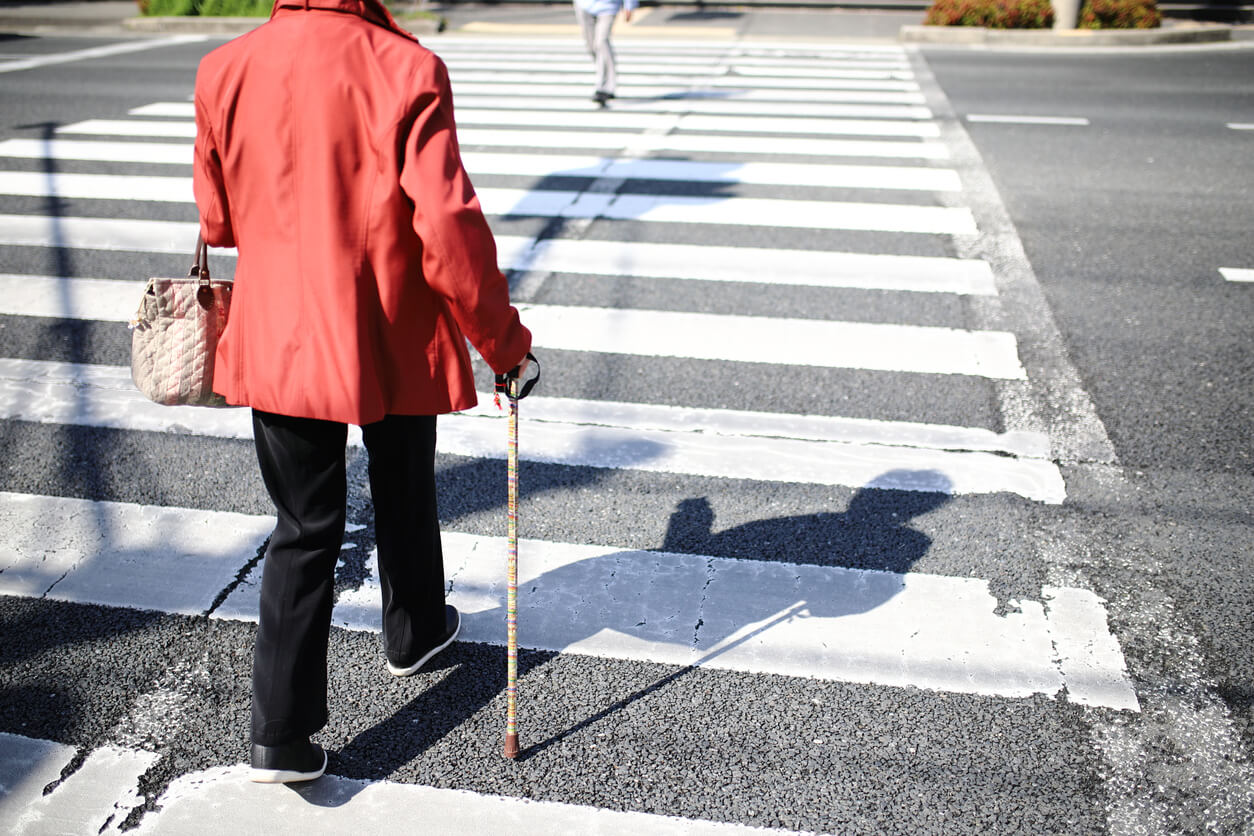Nursing homes are trusted to keep an eye on their residents, especially those with serious health conditions or cognitive problems. But when a facility fails to supervise its residents, they can end up lost and deprived of the critical care they need. In some cases, residents leave the facility grounds altogether and put themselves at even more risk. These incidents are known collectively as “wandering and elopement” in the context of nursing home neglect cases, and they present serious and sometimes fatal dangers to nursing home patients.
What Are Wandering And Elopement?
Wandering occurs when a resident gets lost on the grounds of the nursing home facility. More specifically, the resident ends up somewhere he or she is not normally permitted to be without supervision. Patients with dementia, Alzheimer’s disease, or other forms of diminished mental capacity are often the ones who are found to be wandering.
Elopement, meanwhile, refers to a resident who leaves the nursing home property itself. While wandering is dangerous enough, at least the resident is still relatively close by. In an elopement incident, the resident could end up in a surrounding neighborhood, urban environment, the woods, or anywhere else away from the nursing facility.
The risks of wandering and elopement are readily apparent. It is critical for the life and health of residents that the facility staff know at all times where they are. A resident who ends up lost may need medication or other medical attention. He or she could be exposed to the elements or become dehydrated. A resident who leaves the facility grounds could wander into oncoming traffic or become a victim of crime.
Even if the resident wanders off and remains on the nursing home grounds, he or she could still get hurt. The resident may wind up in a kitchen, storage room, or another unsafe area. He or she could get into a physical altercation with another resident. Perhaps the resident slips and falls or takes someone else’s prescription medication.
Steps To Prevent Wandering And Elopement
There are endless potential harms that could befall a resident in a wandering and elopement case. However, these incidents are avoidable. There’s no good reason that a resident should be allowed to wander or leave the nursing home without adequate supervision. For that reason, nursing homes are legally obligated to take reasonable steps to prevent wandering and elopement. Those steps might include:
Proper training. Nursing home staff should be trained in how to monitor residents, especially those who may be prone to wandering and elopement. Staff typically have scheduled rotations, for example, that ensure residents are checked on frequently. The facility should also adopt safety protocols for locating residents who do wander off so they can be safely returned to their rooms.
Security. Adequate security both within the nursing home and surrounding it can prevent residents from wandering and leaving the grounds. Exits and entrances should be guarded, and unsafe quarters should be locked up or monitored so no one ends up there who shouldn’t be.
Prevention. Exercise and recreation programs can help avoid patient restlessness, which often contributes to wandering and elopement. Staff should be encouraged and trained to interact regularly with residents to keep them from becoming bored or agitated, which are also contributing factors to these incidents.
Contact Hale & Monico Today
These and other measures can at least reduce the likelihood of wandering and elopement. But nursing homes that fail to take these common-sense steps may be held liable in the event a resident gets injured or killed after wandering off. If you or someone you love were hurt in an Illinois nursing home, you owe it to your family to speak with the experienced nursing home injury attorneys of Hale & Monico. Give us a call today.

